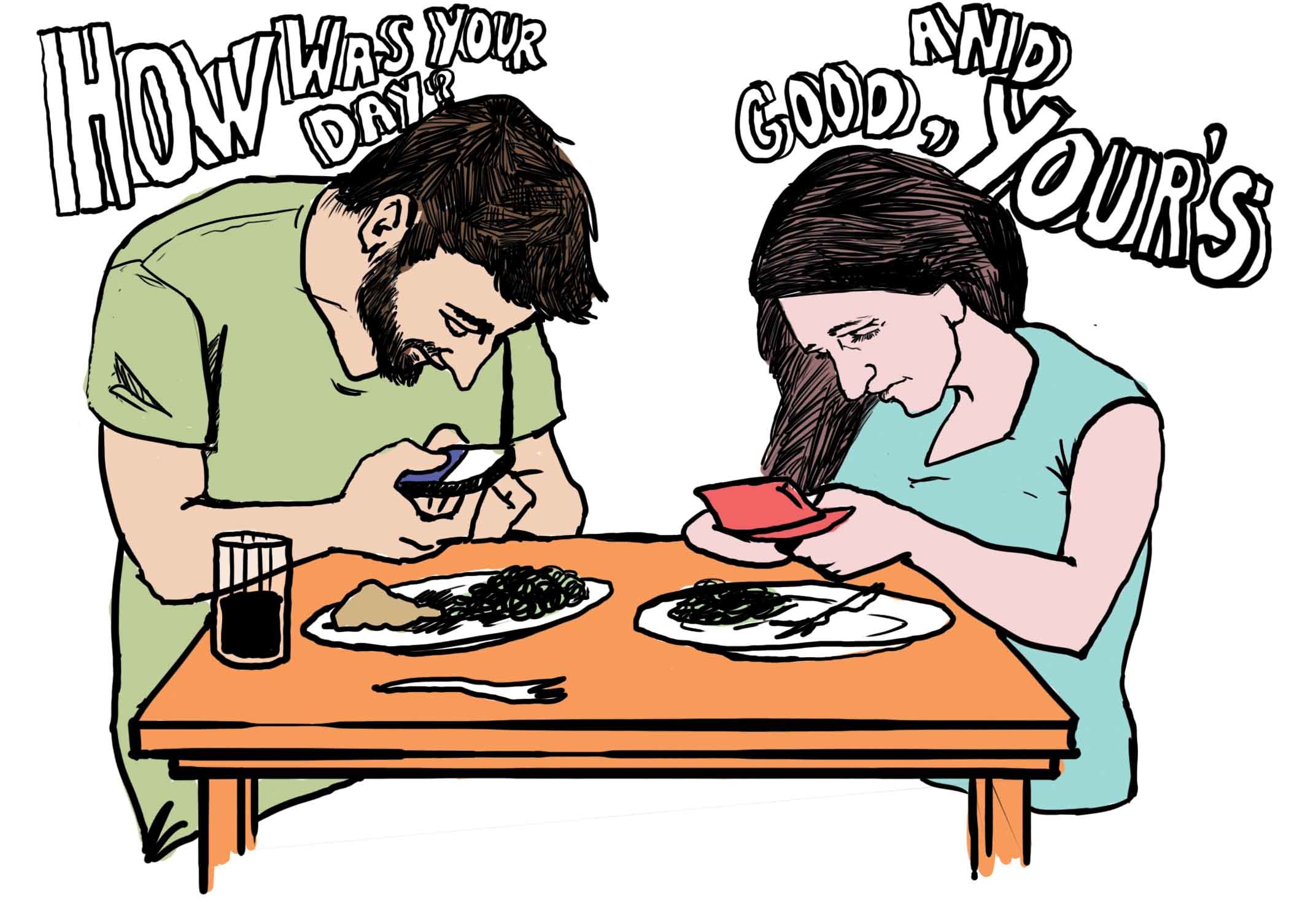British writer and digital guru Tom Chatfield has been attracting quite a bit of attention recently with his piece “I type, therefore I am” in Aeon Magazine, which takes a more unabashedly positive view of the growth of modem digital literacy than some other recent pronouncements. His essay ranges widely into areas very far removed from e-books, but I want to pick up on some of the most relevant insights as they apply to e-publishing and digital print.
Overall, Chatfield explains, whatever the crisis of traditional print books and newspapers, we are living in perhaps humanity’s most literate age ever. “Darkness and silence are the defining norms of human history,” he affirms. “Mass literacy is a phenomenon of the past few centuries, and one that has reached the majority of the world’s adult population only within the past 75 years. In 1950, UNESCO estimated that 44 per cent of the people in the world aged 15 and over were illiterate; by 2012, that proportion had reduced to just 16 per cent, despite the trebling of the global population.”
A vast new readership, then? Not necessarily. For much of Chatfield’s essay focuses not on books or even newspapers, but the “more than six billion mobile phones and two billion internet-connected computers [that] have come into the world … for the first time ever we live not only in an era of mass literacy, but also — thanks to the act of typing onto screens — in one of mass participation in written culture.”
Chatfield highlights texting, emoticons, and social media as the new channels for literacy, rather than the old-style printed word. These fall under the broad heading of the “new literacies,” a hot category in media studies circles that can in principle include e-books, but absolutely includes texting, And they are implicitly linked with the democratization of reading, and writing.
“For most of recorded history, reading and writing remained among the most elite human activities: the province of monarchs, priests and nobles who reserved for themselves the privilege of lasting words,” notes Chatfield. No longer. “Where once words were written by the literate few on behalf of the many, now every phone and computer user is an author of some kind.” And this means that authorial skills of some kind or other are disseminating throughout the population. “Onscreen words are a special species of self-presentation — a form of storytelling in which the very idea of ‘us’ is a fiction crafted letter by letter. Such are our linguistic gifts that a few sentences can conjure the story of a life: a status update, an email, a few text messages.”
Whether authors enjoy the implications or not, there is no question that they belong, or belonged, among “the literate few,” and may have to look at relinquishing a privileged, and sometimes lucrative, position. The proliferation of fan fiction, never mind the blitz of free e-books from modern self-publishers, shows that the readers are now increasingly in competition with the writers, and that in the case of fan fiction, not even an author’s imaginative creation, their world, is their exclusive property any more.
But also, as Chatfield says, “mass articulacy is a crisis of originality,” and if “words and ideas do not belong only to us … and, sometimes, are as much a dissolution as an assertion of our identity,” then authenticity, novelty, something new and genuinely personal, that can hold itself together against that dissolution, becomes ever rarer and more precious. In the new global agora of almost 7.1 billion, the voice that can rise above the din of all those other exchanges is harder to develop, but worthwhile indeed.
































Glad you enjoyed the piece, and thank you for the deft quotations: it’s a debate I think is simply too important and pregnant with possibilities to be left to doom, gloom or both.
I’m delighted, too, to be dubbed a “digital guru”, and may have to take the notion of a “global agora” on the road: that place that isn’t a place within which we gather, seeking common ground…
very best,
Tom